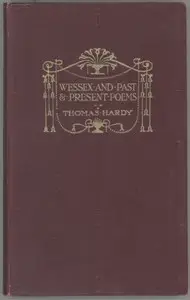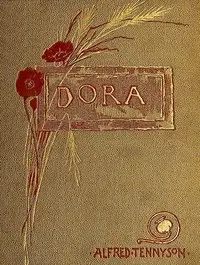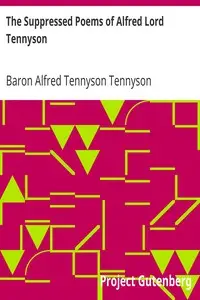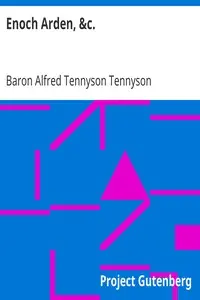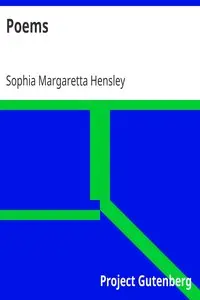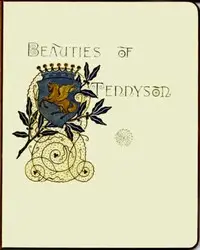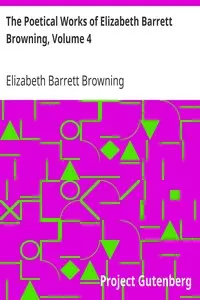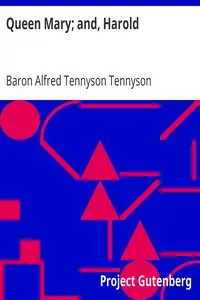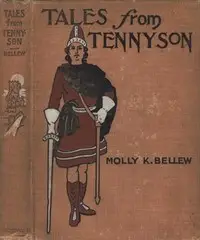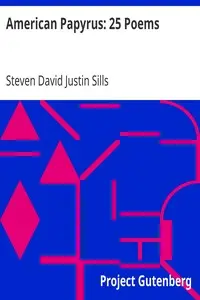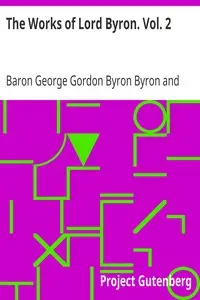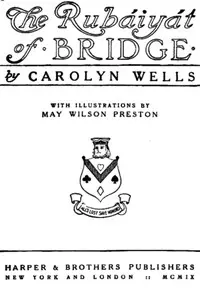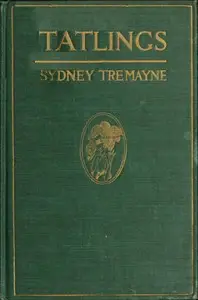"Maud, and Other Poems" by Alfred Tennyson is a compilation of poems from the Victorian period that illustrates love, bereavement, and the intricacies of human emotion through the author's lyrical talent. In the primary poem, the titular "Maud," a touching story is told that is filled with personal and societal conflict, exploring the narrator's chaotic feelings for love and his battle with mental suffering. The collection also includes "The Charge of the Light Brigade," which honors the courage displayed by soldiers during the Crimean War, highlighting bravery and sacrifice. With vivid imagery and emotional depth, the poem "Maud" is presented as a dramatic monologue that intricately captures the narrator's psychological tension and excessive love for a woman named Maud, explored against a background of family tragedy and societal chaos, which leads to contrasting explorations of war and love throughout the rest of the collection. Each poem exemplifies Tennyson's signature style, which combines an eloquent writing style with intense wisdom that allows him to show what it is like to be human.
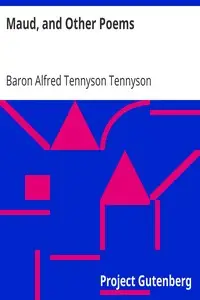
Maud, and Other Poems
By Alfred Tennyson Tennyson
In this collection, a tormented soul grapples with love and loss, juxtaposed against the backdrop of war and societal strife.
Summary
About the AuthorAlfred Tennyson, 1st Baron Tennyson,, was an English poet. He was the Poet Laureate during much of Queen Victoria's reign. In 1829, Tennyson was awarded the Chancellor's Gold Medal at Cambridge for one of his first pieces, "Timbuktu". He published his first solo collection of poems, Poems, Chiefly Lyrical, in 1830. "Claribel" and "Mariana", which remain some of Tennyson's most celebrated poems, were included in this volume. Although described by some critics as overly sentimental, his poems ultimately proved popular and brought Tennyson to the attention of well-known writers of the day, including Samuel Taylor Coleridge. Tennyson's early poetry, with its medievalism and powerful visual imagery, was a major influence on the Pre-Raphaelite Brotherhood.
Alfred Tennyson, 1st Baron Tennyson,, was an English poet. He was the Poet Laureate during much of Queen Victoria's reign. In 1829, Tennyson was awarded the Chancellor's Gold Medal at Cambridge for one of his first pieces, "Timbuktu". He published his first solo collection of poems, Poems, Chiefly Lyrical, in 1830. "Claribel" and "Mariana", which remain some of Tennyson's most celebrated poems, were included in this volume. Although described by some critics as overly sentimental, his poems ultimately proved popular and brought Tennyson to the attention of well-known writers of the day, including Samuel Taylor Coleridge. Tennyson's early poetry, with its medievalism and powerful visual imagery, was a major influence on the Pre-Raphaelite Brotherhood.

